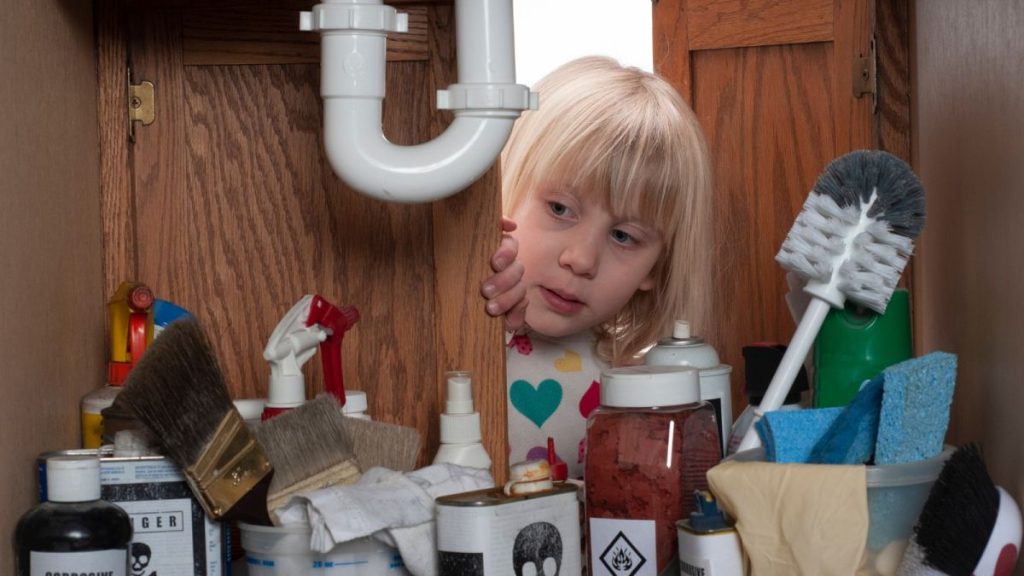A French health agency report identified the top causes of poisoning in children, with household cleaning products, human medications, and carbon monoxide being the most frequent and serious culprits. These accidental poisonings can result in harmless incidents or lead to serious or fatal outcomes. The report from France’s National Agency for Food, Environmental and Occupational Health Safety (Anses) outlined the top causes of accidental poisonings that required intervention from poison control centers, emergency room visits, or hospitalization between 2014 and 2020. Laundry detergent, particularly liquid detergent capsules, was a common cause of poisoning in children under 15, while medications like ibuprofen, aspirin, paracetamol, antidepressants, and cardiovascular drugs were responsible for frequent and serious poisonings in children under six. Children are also at risk of carbon monoxide poisoning, which can occur when heating appliances are not properly maintained or installed.
In France, approximately 9,100 cases per year involved children under the age of six being taken to the emergency department for poisoning, with around 3,800 cases annually resulting in hospitalization. Stings from caterpillars, wasps, bees, hornets, and other anthropods were the top cause of emergency room visits for children under six, accounting for 30% of poisoning-related trips or roughly 2,800 cases each year. The report also observed a rise in poisonings related to ingesting cannabis, particularly in children under one year of age. Between 2014 and 2020, there were over 250 hospitalizations per year for children under six due to ingesting cannabis, with the drug being the leading cause of intensive care admissions for poisoning in this age group. Anses noted an increase in cannabis-related poisonings and the number of children requiring intensive care treatment for them during this time period.
The French health agency recommended several measures to prevent accidental poisonings in children, including keeping household products out of reach, safely storing medications, and ensuring the proper use of heating appliances to prevent carbon monoxide exposure. By taking these precautions, caregivers can help reduce the risk of accidental poisonings and protect children from potentially harmful substances. Additionally, raising awareness about the dangers of substances like cannabis and emphasizing the importance of safe storage and handling can further contribute to preventing poisonings in young children. The report serves as a reminder of the importance of vigilance and ensuring a safe environment for children to prevent accidental ingestion of hazardous substances.
Overall, the report highlighted the significant impact of accidental poisonings on children in France and the importance of understanding the common causes of such incidents. By identifying household cleaning products, medications, carbon monoxide, and other substances as key factors contributing to poisonings in children, the report underscores the need for increased awareness and preventive measures. The statistics provided by Anses offer valuable insights into the frequency and severity of poisonings in children under six, emphasizing the need for caregivers to take proactive steps to create a safe environment for young children. By implementing the recommended safety measures and remaining vigilant about potential risks, caregivers can help reduce the incidence of accidental poisonings and protect the well-being of children. The findings of the report underscore the importance of education, awareness, and proactive prevention efforts to safeguard children from the dangers of accidental poisoning.









